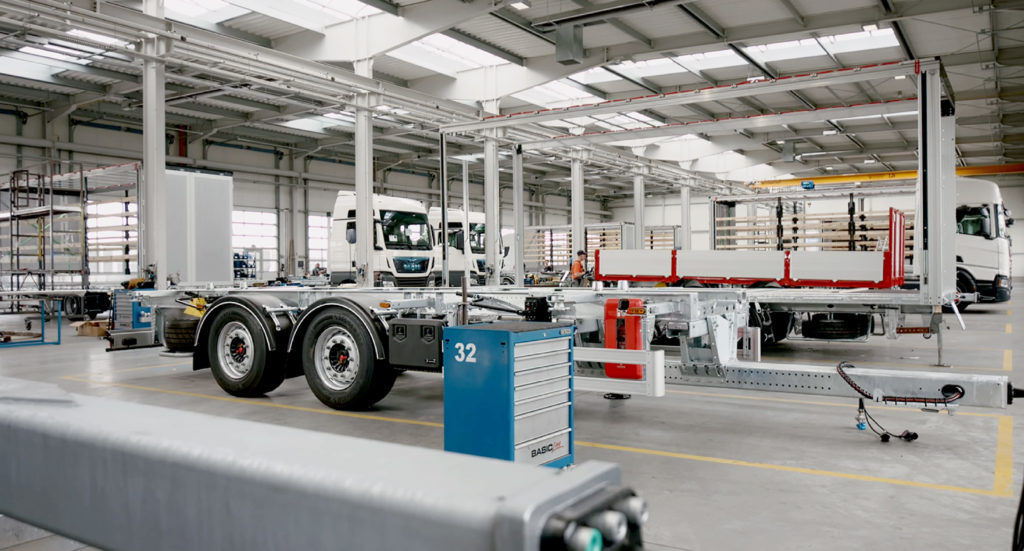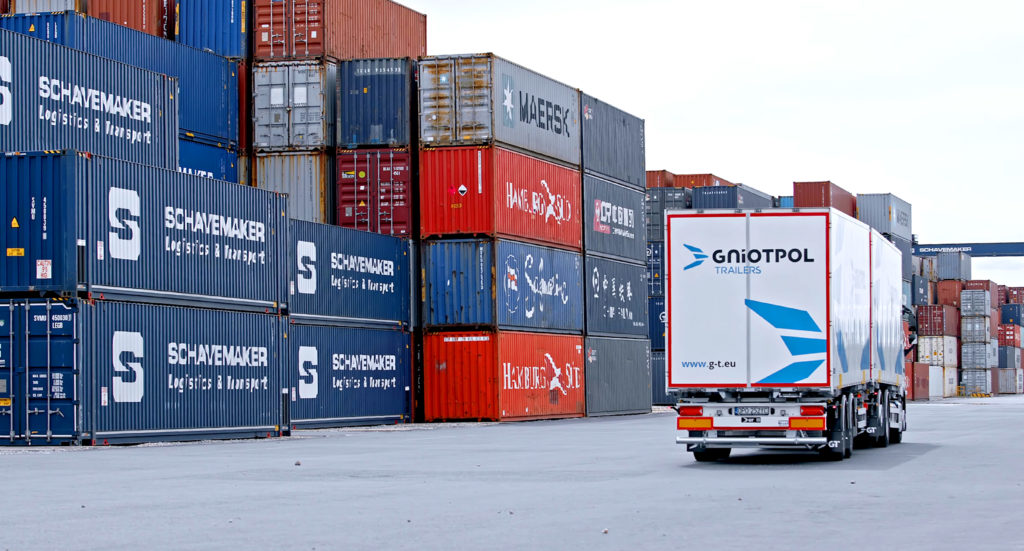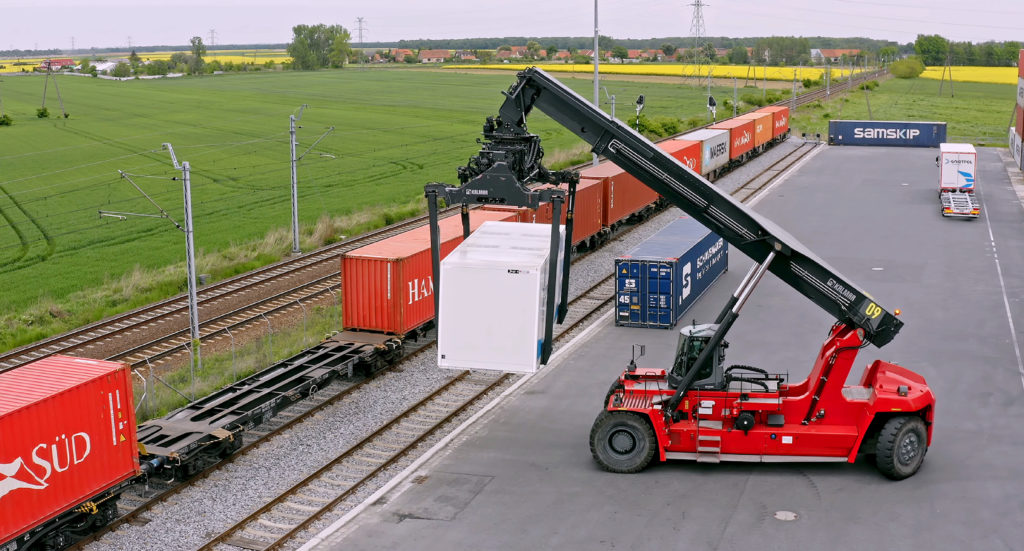For years, Poland has held a leading position in the European transport industry. We are known both for our products, which set the benchmark for quality in the industry, and our drivers, who tirelessly carry out their duties.
On our blog we have talked at length about innovations changing the face of the Polish transport. From the first electric truck in our country, through innovations in BDF systems to the expansion of the LNG sector, Gniotpol Trailers is actively involved in the development of the industry in Poland. However, we do not concentrate only on the future of our company. In today’s article we are going to take a broader look at the topic, discussing and analysing the position our country occupies in the European transport industry.
A Slow Return to Normal
The transport industry was definitely affected by the pandemic in 2020. Globally, the contract logistics market was significantly affected by the lockdowns imposed by governments in many countries around the world. The crisis stamped its influence on Europe. According to a Transport Intelligence report cited by trans.info, the contract logistics market shrunk by 5.1%. And while 2021 saw a significant improvement, we still haven’t fully made up for the loss of 2020.

According to the report of the International Road Transport Union (IRU), demand for transport services in Europe continues to grow. The problem, however, is the lack of professional drivers to fulfil the orders. IRU estimates that the current shortage in human resources in Europe is at the level of 17%. Even though this has improved compared to previous years, we still have to realise the gravity of the challenge facing the transport industry. In the UK itself, the situation has become so complicated that the government has come up with a plan to involve the military in handling logistics chains.
Growing Share of Polish Transport in Europe
Compared to other European countries, Poland appears to be a transport exception. Even before the pandemic, we boasted at the largest vehicle fleet in Europe, with more than 1.1 million units. Although our country was not spared from the turmoil of the pandemic, the Polish transport industry quickly recovered from it. The Polish Automotive Industry Association already in April 2021 recorded a growing number of truck registrations – there were 3243 which translates into a 226 per-cent increase year-to-year.

The development of Polish truck transport goes beyond the borders of our country. In Germany alone, the share of Polish trucks (i.e., those with Polish number plates) in the mileage of heavy vehicles is already over 17%. They make up the largest group of all foreign vehicles in this sector on the roads of our western neighbour.
Technological Advantage
However, the Polish transport in Europe is developing not only in terms of the size of the fleet and the range of operations performed. In order to meet the expectations of a constantly evolving European market, our trucks must keep up with the technological expectations towards them. Poland is actively participating in the race taking place in this field.
Already today, there are many innovations on the Polish roads that are changing the face of transport. In 2021 we could see the first electric truck hitting the streets of Warsaw. The number of trucks powered by LNG and CNG is also growing steadily – Poland is gradually switching to these environmentally friendly fuels. Moreover, the BDF sector is being actively developed, allowing truck transport to be integrated into logistics chains based on the intermodal solutions.

All these activities bring a lot of benefits on various levels. On the one hand, they make it possible to reduce the costs of transport operations. On the other hand, however, they are able to significantly improve our quality of life by reducing emissions. And while the introduction of technological innovations requires both significant financial investment and commitment, the ultimate benefits are undoubtedly worth the effort.
Heroes without whom we could not make it
Our country’s reputation in the industry is rooted in yet another aspect: namely, the human factor. The Polish transport could not have achieved such impressive success if it were not for the dedication and commitment of our drivers. It is thanks to their work the transport industry can function smoothly and grow continuously. Unfortunately, the shortage of human resources is also affecting Poland – we are currently short of 140 000 professional drivers. In view of the ever-increasing demand for transport services, this situation is a pressing problem that will definitely require an optimal solution to be found.
Upcoming Challenges
Although the future of the Polish transport seems to have good prospects, we still have to be aware that we need to face lots of challenges. New technologies are opening up many ways to optimise logistics processes. They will save on implementation costs and contribute to making the economy more environmentally friendly.
As a pioneer in the field of transport technology, Gniotpol Trailers is actively involved in this process. We support the development of the BDF sector and alternative drives for trucks and we develop solutions tailored to their characteristics. In this way, we are making every effort to ensure that trucks in Poland become an example of what modern transport should look like.
For years, Poland has held a leading position in the European transport industry. We are known both for our products, which set the benchmark for quality in the industry, and our drivers, who tirelessly carry out their duties.



